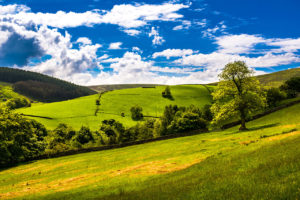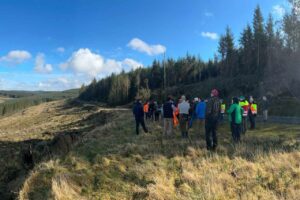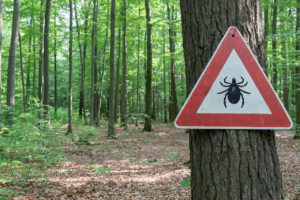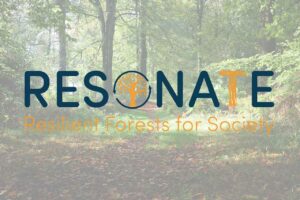On 30 June 2021, the Secretary of State has announced the next stage of Environmental Land Management scheme (ELMs) development and Defra have published a progress update that sets out the changes: gov.uk/government/publications/agricultural-transition-plan-june-2021-progress-update
Outline plans
As outlined in the Agricultural Transition Plan in November 2020, ELMs comprises three schemes:
- Sustainable Farming Incentive (SFI), aimed at farmers only and designed to be accessible for most farms, with some small-scale tree and woodland actions.
- Local Nature Recovery (LNR), geared towards larger scale actions such as habitat restoration.
- Landscape Recovery (LR), for landscape and ecosystem recovery with potential to include large scale woodland creation and management.
Most of the update covers SFI. Defra have already received more than 2,000 applications for the pilot and aim to start early rollout in 2022. Throughout 2021 they will be working with stakeholders to test aspects of the LNR scheme including land use change projects, with phased rollout from 2023. Market engagement for Landscape Recovery schemes will start this summer and open for bids in the autumn and they plan to launch at least 10 projects between 2022 and 2024.
Defra has also published the payment principles across the schemes. By 2028 they expect a broadly even split between SFI, LNR and LR but are trying to retain flexibility during pilot and development phases.
Institute response
We welcome the further clarity and sense of direction from this announcement. It is still relatively early in the development process – full rollout is not until 2024 – but we continue to work through our ELMs/AT representative Neville Elstone MICFor and with our partners to make sure forestry and woodland is properly considered and included.
We’re also keen to ensure that the various schemes join up, like Countryside Stewardship and the new England Woodland Creation Offer. Defra has made assurances that guidance will make this clear to the applicant. They are keen for the various options to be ‘stackable’ but not to pay for the same action twice. This is a first attempt at a guide to all the options: defrafarming.blog.gov.uk/2021/06/23/how-farming-is-changing/
Another concern regards advice provision within the schemes – professional advice is not required for SFI but will be needed for LNR and LR. This will be relevant for many Institute members, especially as Defra mentions accreditation. They have stated that these considerations will be part of the piloting and planning process and we will stay on top of this as it develops.
Do share your thoughts with Jemima Cooper, Senior Policy & Research Officer, or to help shape the scheme with Defra visit defragroup.eu.qualtrics.com/jfe/form/SV_bxOSSCU0HOlkieG






